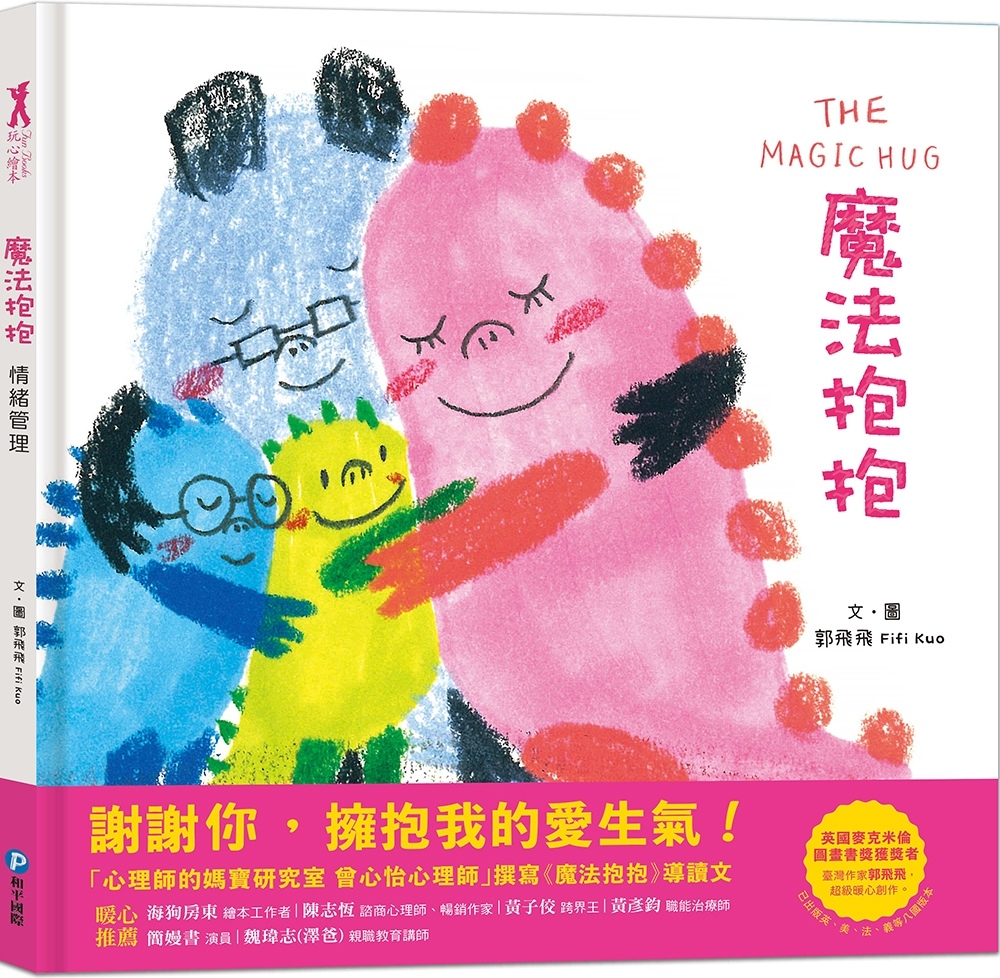What if the connection, at the root of our existence, is in fact a connection and a severance? How does a sense of self form in relation to connections that hold within them such intensive ruptures and slides? How might one redefine family in such a way that severance can live with, not against, the formation of emotional connection? Darla Mottram’s extraordinary first book of poems-RECURRENT-explores these questions with such generosity and vulnerability. Verse, snapshots with lyric captions, documents (letters, notations from medical records, reports of Children’s Services Division), poems in prose, poems as visual fields, dreams, memories, anaphoras, among so much more-this livid variety along with the book’s length brings to mind pillowy poetry books by Bernadette Mayer and Alice Notley. In RECURRENT, the speakers come to find themselves-through neglect and abandonment, passage through the foster system, and then extended-family adoption-seeking connection and autonomous selves-hood. By the book’s end, the reader will come to understand that "recurrence" is the rhythm of life we must not only accept but immerse ourselves in. RECURRENT is a truly brilliant first book and signals amazing things to come from Mottram.
-Jay Ponteri, author of Someone Told Me and Wedlocked
In RECURRENT, Darla Mottram tells a story of familial abandonment, addiction, sexual abuse, violence, loss, and generational influence through her lyrical poetry, a handful of black-and-white family photographs, notes from foster-care workers, and the full text of a letter that Mottram, age seven, wrote to her mother, "whereabouts unknown, which was never delivered." Calling RECURRENT a story is imprecise, but suggests the book’s central struggles with time, loss, and meaning-making. Mottram explicitly resists many of the tropes associated with mourning, maintaining that I want to / honor / what’s broken / no: silver linings, phoenix rising / from ashes, lemons turned lemonade / no recovery narrative / the poem fails / to make understandable / what isn’t-I don’t want to fix it / I just want to hold it. This book grabbed me: out of trauma and loneliness, Mottram has created a work of insight, beauty, and humanity.
-Michele Glazer, author of Fretwork and OnTact, and the Made Up World
I don’t want to fix it / I just want to hold it, Darla Mottram writes in RECURRENT. If a person can do this, can offer the materials of their life to us, in this way (photographs, reports, documents, poems, dreams, nightmares, truths ... no end or beginning to the list), if it can be held and not fixed (as it was never broken or in need of fixing), then what? I read this book and sit back in awe at this question, living in the room with me.
-Emily Kendal Frey, author of Lovability and Sorrow Arrow











